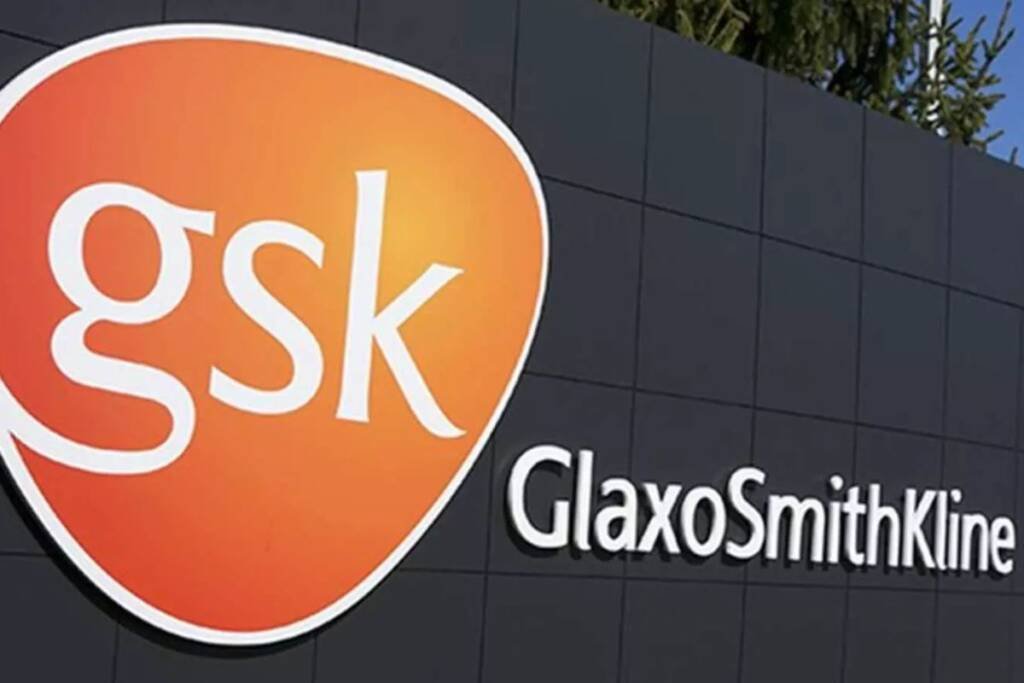Source – GSK
GSK has chosen to settle a significant lawsuit related to allegations that its drug Zantac caused cancer rather than proceed with a jury trial. The company announced a confidential settlement with the plaintiff, James Goetz, whose trial was scheduled to commence on July 24th in a California court. GSK explained that it opted for a settlement to avoid prolonged litigation and distractions, emphasizing that it does not admit any liability and will vigorously defend itself against other Zantac cases based on factual evidence and scientific knowledge. Following the settlement announcement, GSK’s shares rose over 5%.
Previously, GSK’s attempts to prevent the jury trial and block testimony from numerous expert witnesses were unsuccessful. This setback was seen as a potential catalyst for thousands of additional cases to be filed in state courts. Goetz’s case is considered the bellwether among approximately 5,000 consolidated cases overseen by Judge Evelio Grillo in California’s Superior Court in Alameda, representing the first scheduled jury trial in the United States. Similar cases are pending in Illinois, Pennsylvania, and Delaware.
These lawsuits emerged after claims surfaced in 2019 that Zantac (ranitidine) and generic versions were contaminated with a carcinogen called NDMA, leading to cancer and other illnesses. However, subsequent investigations by regulatory bodies such as the FDA and EMA refuted these claims. Despite the findings, the drug was withdrawn from the market in 2020.
At first, there were concerns about the potential for GSK and other companies selling ranitidine-based products to incur substantial settlement expenses amounting to billions of dollars. However, favorable legal judgments have since been issued, including a US federal court ruling in December 2022 that found no reliable evidence linking Zantac to the alleged injuries, resulting in the dismissal of approximately 50,000 federal claims.
In May, a Canadian Supreme Court ruling also concluded that there was clear evidence showing no association between ranitidine or NDMA and cancer risk. While the US federal court ruling is subject to potential appeal, the defendants believe that the verdict has substantially narrowed the scope of the litigation. However, this judgment does not affect the thousands of cases, like Goetz’s, that are being pursued in state courts. Sanofi and Pfizer, also named in Goetz’s lawsuit, settled their cases with him last year, but the settlement amounts were not disclosed.





























